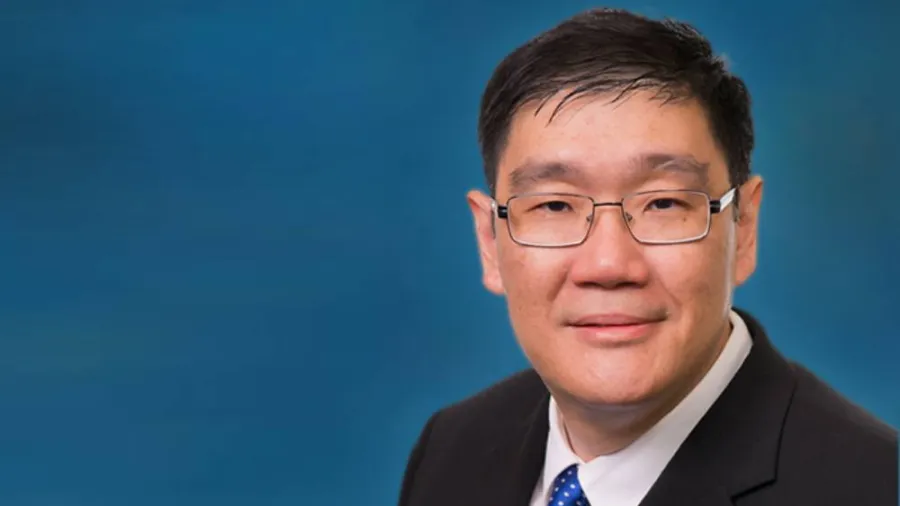
SingHealth Duke-NUS invests in 'the seeds of the future generation'
It launched a new institute that opens doors for maternal-child care research.
The SingHealth Duke-NUS launched the Maternal and Child Health Research Institute (MCHRI) at the KK Women's and Children's Hospital (KKH) on 8 October. MCHRI seeks to advance reproductive, metabolic and mental health, cognitive development, and critical disease cure through research with a direct impact on patient care, innovation, and digital strategies. It is the culmination of the SingHealth-Duke NUS Academic Clinical Programmes for Paediatrics' and Obstetrics and Gynaecology’s 10th year.
Healthcare Asia sat down with Associate Professor Ng Kee Chong, the recently appointed director of the MCHRI and the current medical board chairman of the KKH, to know more about the formation of the research institute, its goals, and what it contributes to the maternal and child health community.
Ng prides himself on being part of Singapore's only women’s and children's hospital, which has a rich 160-year-old history. The hospital also holds a Guinness Book world record with the most deliveries in 1966 at 39,835 births. According to Ng, KKH delivers more than one-third of the deliveries in Singapore every year. He added in the last five to ten years, they have worked through the Ministry of Health and charitable institutions to reach out to the community and develop an ecosystem to care for women and children better.
What are the medical highlights you can share for the hospital, leading to the formation and launch of the MCHRI?
KKH has the largest child development unit in Singapore that helps improve care for child development and children with special needs such as attention deficit and learning disorders. We also work very closely with the community to try to improve care in the whole continuum. The second highlight is in psychosocial trauma support. We partnered with [the Temasek Foundation] to help improve psychosocial trauma support care for children in the community by working with the family service centres. We are also proud of the region's first human milk bank, which opened two to three years ago. It currently provides pasteurised breast milk for babies who are unable to get breast milk. That helps to improve general health and prevent things like necrotising enterocolitis.
How does KKH contribute toward the MCHRI, and what will you continue to provide to meet the goals and mission of the MCHRI?
What we are adopting is what we call a life-course approach to this whole continuum of care. Essentially, we are looking at maternal and child health as a whole continuous circle of life. The woman grows up to be healthy in society, marries and sets up a family, becomes pregnant and gives birth to a child. Then, the child goes up healthy, becomes an adult, and then contributes back into the family life. The life-course approach refers to how we manage the health of the mother, the child, and the rest of the family. The husband-father is also important in the whole unit, as elements of health can affect them through various social and cultural issues also, not just medical parts. What we do not want to do is just “medicalise” health. Health is not just giving medicines but is also revolving around social aspects, economic aspects, and educational aspects, which are very important to consider. We want to look at it in the different dimensions so that we can appreciate the complexities of the health of the mother and child, and see how we can then improve and optimise the maternal-child health through these various aspects.
We are not just working with the Ministry of Health as a hospital, but we also engage with social agencies. The key ones we work with are the Ministry of Social and Family Development, as well as the Ministry of Education. They are important elements if we want to optimise the health of mothers and children. In the end, our key goal is to essentially do three things: be Asia's centre of excellence for maternal and child health, translate research to improve general health for mothers and children, and strengthen human capital. Singapore is not very rich in resources, but it has its people. So, we want to optimise the value of people by optimising their health.
The three arms of the SingHealth Duke-NUS MCHRI are, first, to establish a multidisciplinary research community to conduct high-impact clinical, translational, and population health research to meet maternal and child health needs. The second is to establish strong, synergistic partnerships with our partners and key stakeholders; not just healthcare professionals but also sociologists, psychologists, educationalists, and other people in the Singaporean and international community. The last area that is very equally important is to attract future talents and groom the next generation of maternal and child health investigators and researchers for Singapore and beyond. We want to collaborate with everybody as we move forward.
What do you see as areas of development needed for the field of maternal and childcare in Singapore and the Asia Pacific region?
If we look at the area of needs, it can be divided into four key domains: preconception and reproductive health; metabolic health; neurocognitive, developmental, and mental health and wellness; and cancer and critical diseases. It applies to us both in Singapore and internationally. Of all these domains, I think the two things that are very important for maternal and child health, especially in this day and age in Singapore, are mental and metabolic health.
We are very competitive and all caught up in a rat race. Our women are marrying later, having children later, and having a small number of children because both parents are working very hard. No longer is family support usually two adults and there's not much social support. The self-efficacy of parenting and being confident as a parent, especially for first-time parents, is quite lacking. We want to see how we can optimise this. Parents themselves are stressed because of various economic issues, whether they are bringing up a child correctly, COVID-19, and so on. What we want to do is address some of the mental and emotional well-being of mothers. We have a very high rate of prenatal and postnatal depression, so we want to see how we can improve screening and also help them in the early phase. Children are also very stressed with schooling and we want to see how we can better improve their emotional well being. With the internet and social media, there is also increased pressures like cyberbullying.
As for metabolic health maternal pregnancy-wise, up to 20% of our pregnant women have diabetes and metabolic diseases. We need to address how they should learn to take nutritious, metabolically good food and how they can continue to exercise and keep themselves fit. Meanwhile, children tend to have more and more screen time with less exercise. When I ask my patients what games they play, they tell me what latest computer game they are playing, which is not what I asked them. I am asking what physical games they play, but they tell me they are addicted to this latest computer game. All these are not good things that we should try to address and see how we can help our next generation grow up stronger.
Another way of looking at factors affecting maternal-child health is the three C's. The first C is cyber wellness, the effects of digitalisation, computers, and social media. I mentioned cyberbullying and the effects of social media on the general health of women and children. Health information in social media is also not necessarily good. There is so much fake news out there in the media regarding health. It also affects all four of the domains I enumerated. The second C is COVID-19. We are now at the endemic phase. We need to live with COVID, like [Prime Minister Lee Hsien Loong] said. But, what is the impact of COVID on maternal-child health? Parents are stressed mentally and economically. The virus is a generational change affecting us. It will leave our whole way of living our lives and how we remain healthy for them in the maternal-child health field. The last C is climate change. It is relevant to maternal and child care because climate change affects the food supply, which mothers and children need to be healthy.
What upcoming plans or projects from MCHRI can you share at this point? What can consumers, patients, and healthcare partners expect from MCHRI soon?
From what was shared, one of them was the memorandum of understanding for an ongoing collaboration that we signed with Menarini Biomarkers Singapore. We want to develop technology to identify foetal cells in the first trimester of pregnancy to better manage pregnancies with chromosomal or genetic abnormalities.
We also have piloted the [Integrated Maternal and Child Wellness Hub] in Punggol, where we bring in a very focused developmental assessment of the young kids to oversee their development.
Another project we are working on is looking at how we can improve parenting self-efficacy by sending out nudges and guiding them through the first 1,000 days of pregnancy up to two years of age. We hypothesise that having those very targeted nudges helps improve their parenting self-efficacy and makes them more confident as parents.
Lastly, we are collaborating with the UN Foundation and other agencies on this project called Healthy Early Life Moments or HELMS, which is looking at how we can improve the whole metabolic and mental wellness of women from preconception to giving birth through behavioural modifications and timely health advice. If we succeed, we plan to build this into our national system in a very calibrated way.
Do you see any partnerships or collaborations with anybody outside of Singapore?
We have a rich history of collaboration from KKH, and we want to use the MCHRI to collaborate further. One collaboration is the Integrated Platform for Research in Advancing Metabolic Health Outcomes of Women and Children or IPRAMHO. We have a network with ASEAN countries where there is an annual conference held every year to share and support one another in terms of collaboration. In terms of various links we have for critical illnesses, we have an initiative called the Pediatric Acute & Critical Care Medicine Asian Network or PACCMAN, which is a research network to look at critically ill children in the region. For children's cancer care, we have a partnership with St. Jude's Children's Hospital. These are just some examples of the collaborations that we want to deepen through MCHRI.
Any key takeaways you would like for our readers?
We must invest richly in the health of women and children because they are the seeds of a future generation. It is also important we spend resources to ensure that women and child health is optimised. Currently, we are worried about the “silver tsunami,” the ageing generation. That is equally important, but I want to emphasise that we should look upstream to invest in women and children. The other important thing is that health for them is not just the medical parts, but also mental, socioeconomic, and educational dimensions. We work together not just with doctors and healthcare professionals but also with educationalists, sociologists, and other people who will also impact the health of women and children.
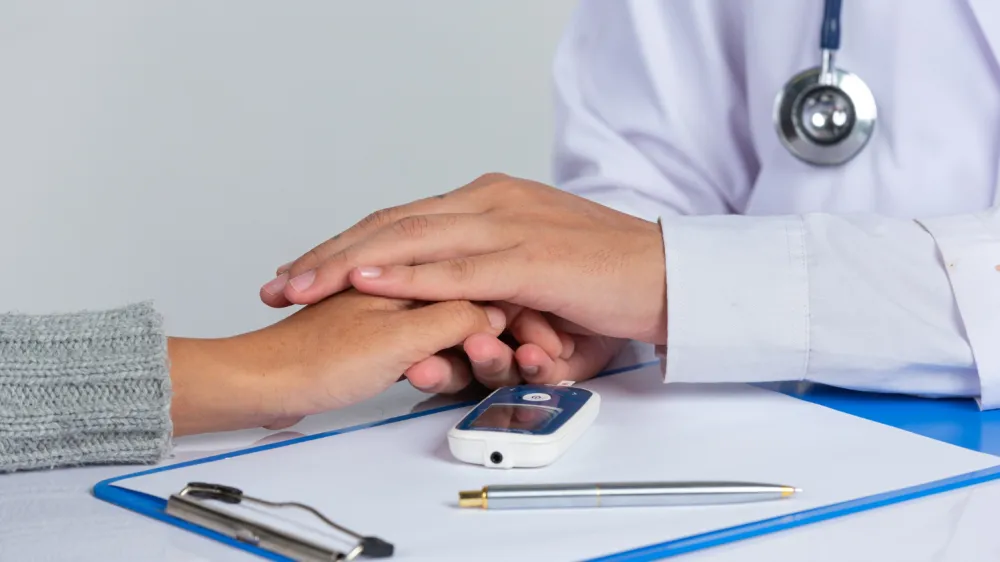
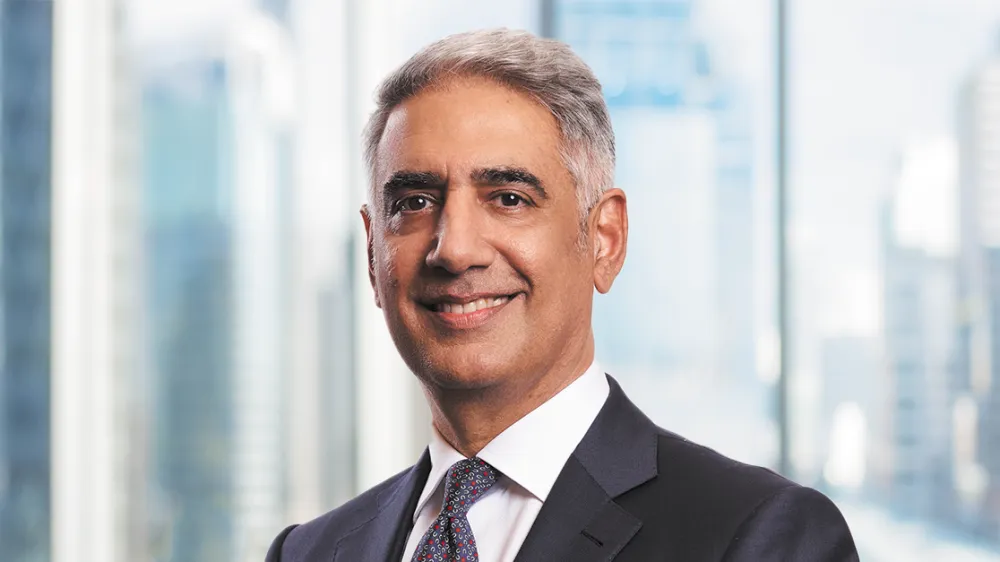
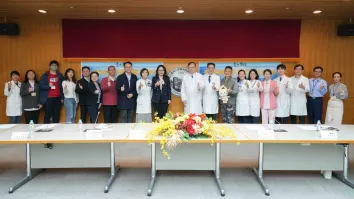
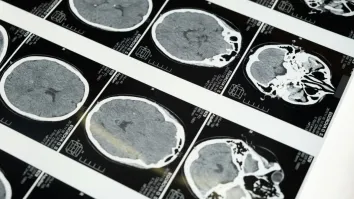
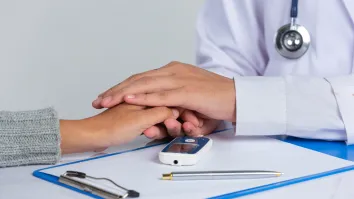














 Advertise
Advertise






